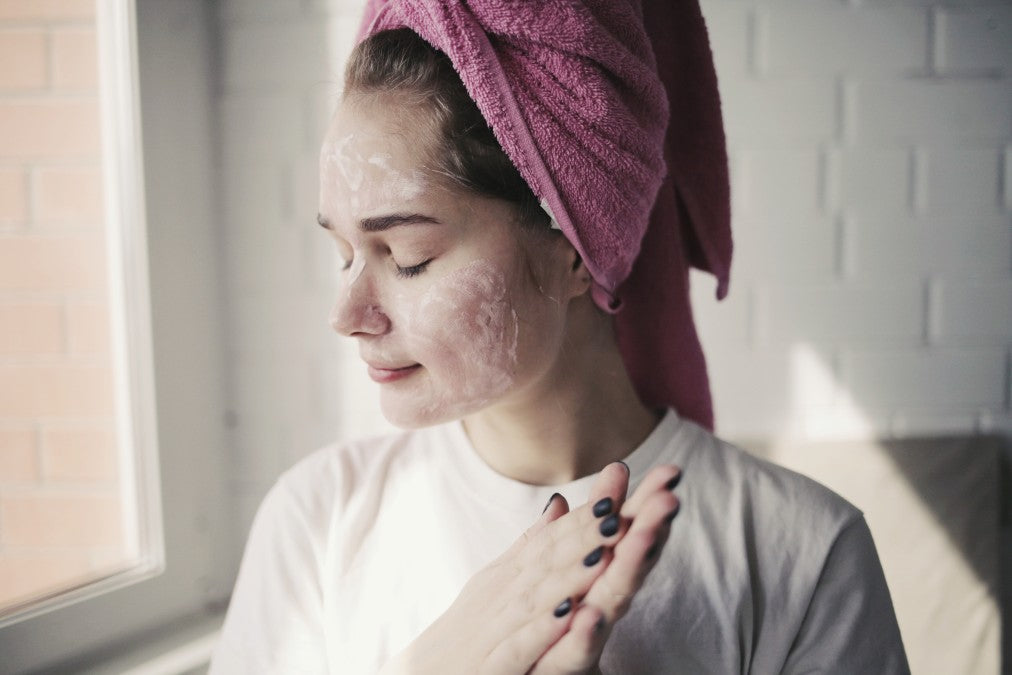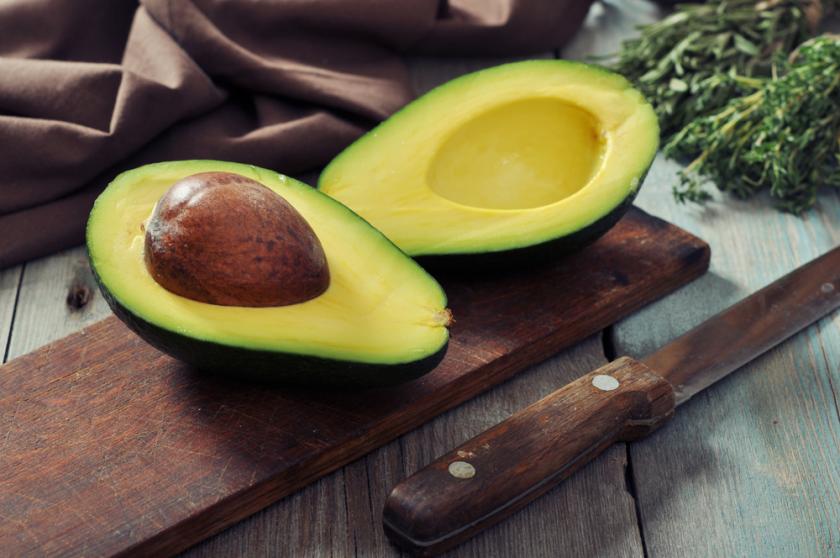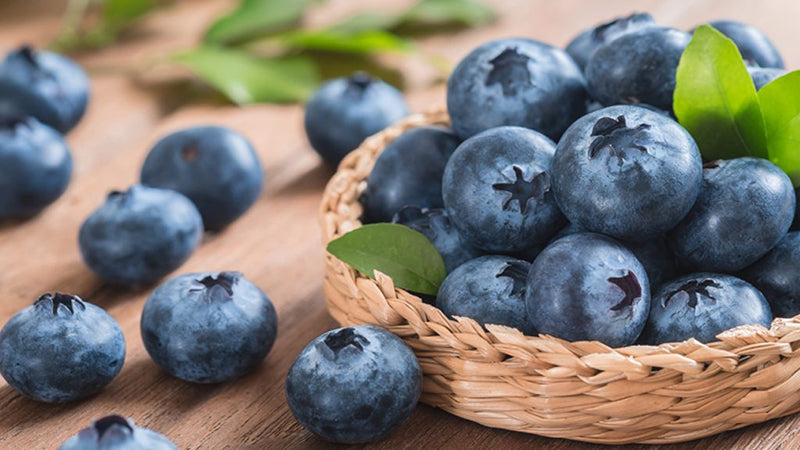
Are you covering yourself with harmful chemicals every day?
Skin is our first line of defence against various dangers in the environment, but ironically some of the things we use to look after our skin pose a greater danger.
Companies that make skincare and topical medicines often include antimicrobials, antifungals and preservatives in their formulations, so that products can sit in your medicine cabinet for months. But it’s a trade-off, because these added substances can be harmful in their own right.
Some skincare products are specifically designed to be absorbed deeply into the skin – wrinkle creams for example. When they get into the lower dermal layers, they can join the bloodstream. So before you rub a lotion or potion into your skin, take a close look at the ingredients list. Here are some of the things you won’t want to see:
Parabens
If you see methylparaben, ethylparaben, propylparaben or butylparaben in the ingredients list, the product you’re considering contains parabens. These are an inexpensive type of preservative used in skin creams, lip balms, sun screens, hair products and cosmetics to prevent bacterial and fungal growth.
In 2004, a British study found traces of five parabens in the breast tissue of 19 out of 20 women studied.[1] The study didn't prove that parabens can cause cancer, but it identified that the parabens can penetrate the skin and remain in tissue. Parabens are believed to disrupt hormone function by mimicking how oestrogen works.
Skincare and cosmetic companies that are still using parabens are under pressure to find new, safer ways to preserve their products. At Okana, we have created 100% natural products that are self-preserving.
Formaldehyde releasers
Some skincare companies are using formaldehyde releasers, which are a time-release form of formaldehyde, to preserve their products. These will be listed as DMDM hydantoin, imidazolidinyl urea, diazolidinyl urea, quaternium-15, 2-bromo-2-nitropropane-1,3-diol, 5-bromo-5-nitro-1,3-dioxane or sodium hydroxymethylglycinate.
Using one product that contains a formaldehyde-releasing preservative might not be risky, but if you’re using several products containing formaldehyde the risk increases. People with sensitive skin or allergies to formaldehyde should take care.
Sodium lauryl sulphate/sodium lauryl sulfate (SLS)
SLS is used to make products foam or lather up. Its purpose is to make bubbles, which cut through oil and dirt to get your skin (or hair) clean. It’s one of the most sensitising of all skincare ingredients, probably because it moves skin pH away from its ‘happy place’ of 5.5, which is slightly acid.
When skin pH is artificially taken to the alkaline end of the spectrum, it can become dry, itchy and vulnerable to bacteria. People with acne are often drawn to foaming cleansers to cut through the excess oil on their skin, but create bigger problems for themselves because the bacteria associated with acne can really get a hold.
Even if you avoid SLS in your skincare products, using a shampoo that contains SLS could be a problem if you get lather on your face.
At Okana we’ve found natural ways to make a cleansing product bubble up. Our Natural Apple Juice Foaming Cleanser gives you all the satisfaction of lather, but without the drying and alkalinising effects of SLS.
Petrolatum
Good old Vaseline. It’s been with us for decades and is likely to be with us for some time to come. Made with a pure form of petrolatum, a petroleum product, Vaseline isn’t especially harmful; extensive data has shown petrolatum to be a gentle, safe and effective ingredient. However it can clog your pores and form a barrier that causes your skin to break out.[2] So as a lip balm or moisturiser, we reckon it’s a no-no. Natural alternatives include waxelene (made with beeswax) and coconut oil.
Coal tar
You probably wouldn’t knowingly buy a product that contains coal tar. Just reading the words on the label is likely to put you off. But coal tar is often an ingredient in creams and treatments used for psoriasis and seborrheic dermatitis.
Around 10,000 different compounds make up coal tar. The main compounds are hydrocarbons and carbon. In its natural form, coal tar is a thick, black, viscous liquid with a characteristic smell – like a freshly tar-sealed road.
There’s no evidence at the moment that coal tar is harmful when kept at low concentrations, but it may irritate, redden or dry the skin it comes into contact with.
Hydroquinone
Hydroquinone is included in products that lighten the skin or claim to correct hyperpigmentation. It works by decreasing the number of melanocytes present in the skin. These are cells that form melanin. When it’s evenly distributed, melanin is a ‘sun tan’. In clumps, it’s freckles or age spots.
If you’re pregnant or breastfeeding, don’t use products containing hydroquinone. It can also cause allergic reactions, like severe skin redness, burning, stinging, skin dryness and cracking.
Triclosan
You might see triclosan in aftershave lotions, bath products, foot sprays, hair conditioners, toothpaste, soap, makeup products, shampoo and sun products. It was first used in hospital cleaners as an antimicrobial agent. Today it’s used as a cheap way to preserve personal care products. The Mayo Clinic says that we should ‘probably’ avoid products containing triclosan because it alters hormone regulation, might contribute to the development of antibiotic-resistant bacteria and could be harmful to the immune system. [3]
Oxybenzone
There’s a debate raging in health circles about oxybenzone, which is used in sunscreens, hair sprays and cosmetics as a UV absorber. A big concern is how easily it can be absorbed into the body through the skin. Worries are that oxybenzone may accumulate in the body and eventually affect the endocrine (hormone) system. If you’re buying sunscreen products, you’ll be safer with zinc oxide or titanium dioxide as an active ingredient.
Alcohol
You might be surprised to know that alcohol is actually considered a harmful skincare ingredient, mainly because it eats away at the skin surface. This can interrupt the skin renewal cycle and cause nasty problems. You might notice alcohol in acne preparations. Avoid it like the plague; it could make your skin worse, not better.
References
[1] https://www.ncbi.nlm.nih.gov/pubmed/14745841
[2] https://www.medicalnewstoday.com/articles/324039.php
[3] https://www.mayoclinic.org/healthy-lifestyle/adult-health/expert-answers/triclosan/faq-20057861




Leave a comment
This site is protected by hCaptcha and the hCaptcha Privacy Policy and Terms of Service apply.